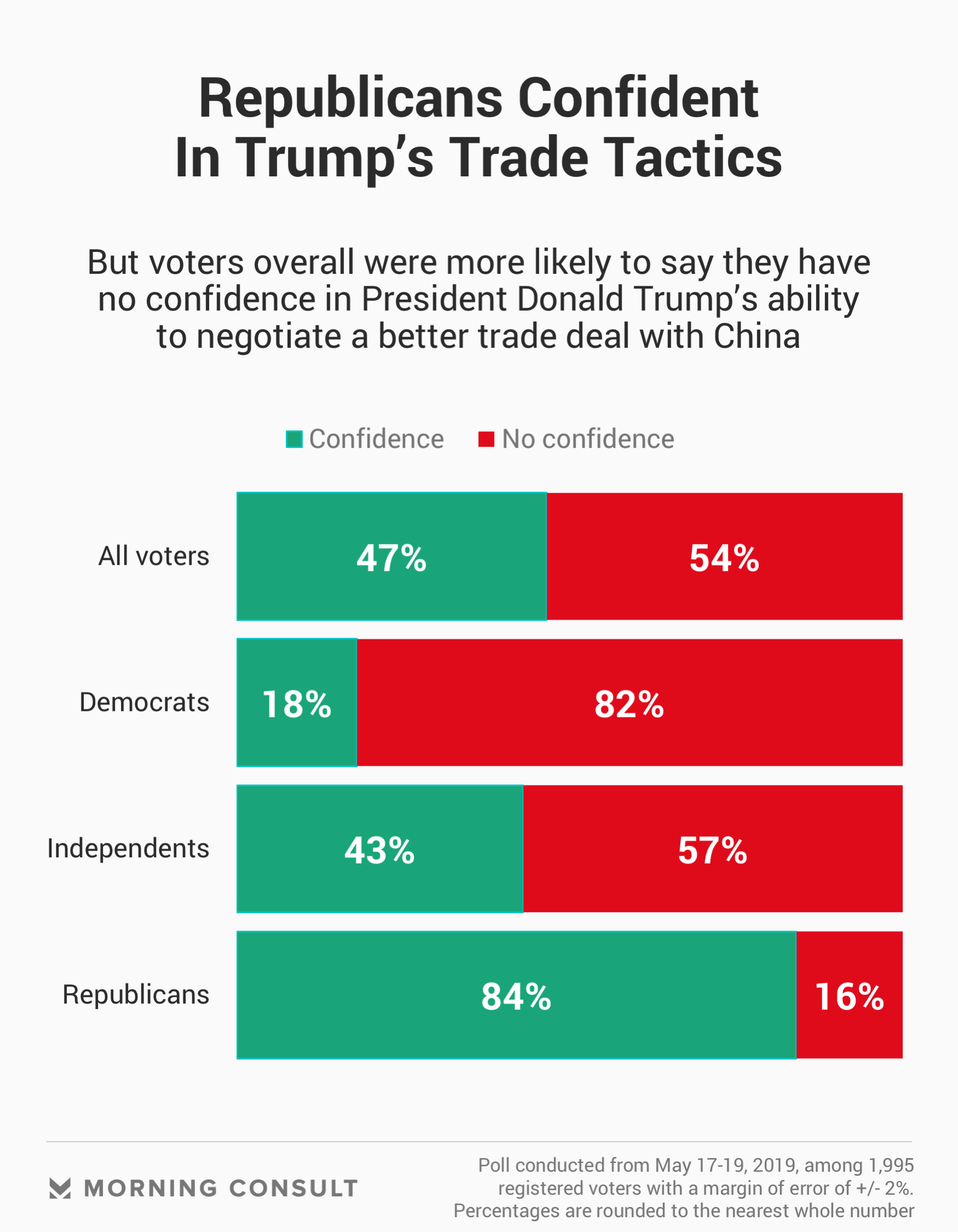In recent months, the global economic landscape has been significantly impacted by escalating tensions between two of the world's largest economies: China and the United States. What initially began as a trade war under the Trump administration has now evolved into a complex web of diplomatic challenges, military posturing, and technological competition. As these tensions continue to rise, markets around the globe are bracing for potential fallout that could redefine international trade relations.
China's bold military moves have added another layer of complexity to an already tense situation. These actions have not only raised concerns about regional stability but also underscored the broader implications for global markets. Analysts warn that any miscalculation or escalation could lead to unforeseen consequences, affecting everything from supply chains to investor confidence. This article explores the latest developments in this evolving conflict and what they mean for the future of international commerce.
International relations have reached a critical juncture as China amps up its stance amidst ongoing trade disputes with the U.S., further complicating an already fraught relationship. Recent reports indicate that Beijing is taking more assertive steps beyond mere economic sanctions, signaling a shift towards increased militarization along disputed territories. Such maneuvers heighten fears among global investors who worry about how these geopolitical shifts might impact their portfolios.
Global Markets React to Rising Tensions
The escalation of tensions between China and the United States has sent shockwaves through global markets. Investors are increasingly concerned about the potential for prolonged conflict, which could disrupt supply chains and lead to higher costs for consumers worldwide. Financial analysts point out that while tariffs were initially seen as temporary measures, the current climate suggests they may become permanent fixtures in international trade policy.
Moreover, the uncertainty surrounding future negotiations adds pressure on businesses operating across borders. Companies must now consider contingency plans that account for possible disruptions in both production and distribution networks due to heightened political friction. This uncertainty has led many firms to reassess their reliance on single-source suppliers located within either country, prompting diversification efforts aimed at reducing exposure risk.
As governments grapple with these challenges, there remains hope that diplomatic channels will eventually prevail over adversarial tactics. However, until then, market volatility is likely here to stay as participants adjust expectations based on evolving geopolitical dynamics.
Economic Implications of Military Posturing
Beyond direct trade issues, China's increasing military activities near Taiwan and other contested areas have introduced new variables into economic forecasts. The possibility of armed conflict looms large over discussions about long-term growth prospects in Asia-Pacific regions where much of today’s manufacturing capacity resides. Should hostilities erupt, it would undoubtedly cause widespread panic among stakeholders reliant upon seamless operations throughout affected zones.
Additionally, such aggressive postures serve as reminders of underlying strategic competitions playing out beneath surface-level tariff battles. Both nations seek dominance not just economically but technologically too; hence each move carries dual significance – one part retaliation against perceived aggression, another step forward toward securing competitive advantages within emerging industries like artificial intelligence development or renewable energy solutions.
For multinational corporations navigating this treacherous terrain, maintaining neutrality becomes paramount even if doing so proves difficult given nationalistic sentiments fueling much of current discourse. Balancing loyalty demands placed upon them by respective home countries without alienating partners elsewhere requires delicate diplomacy skills coupled with foresight regarding changing alliances worldwide.
Tech Trade War Deepens Amidst Mineral Restrictions
A key battleground in the ongoing tech trade war involves access to critical minerals essential for advanced technologies. By imposing stringent export controls on materials crucial to semiconductor manufacturing and defense applications, China aims to leverage its dominant position in global mineral supplies as leverage against Western adversaries. This strategy underscores Beijing’s intent to maintain control over vital resources necessary for next-generation innovations.
Meanwhile, Washington responds by bolstering domestic capabilities through legislation promoting research & development initiatives alongside partnerships fostering secure alternative sourcing options outside traditional supply routes dominated traditionally by Chinese interests. These efforts reflect growing recognition among policymakers concerning vulnerabilities inherent within existing frameworks dependent largely upon foreign inputs subject unpredictable regulatory changes abroad.
Ultimately, whether these policies succeed depends heavily upon cooperation levels achieved internationally amongst likeminded allies willing share burdens associated safeguarding shared technological futures free undue influence exerted powerful state actors pursuing self-serving agendas irrespective collateral damage inflicted upon others during pursuit thereof.

